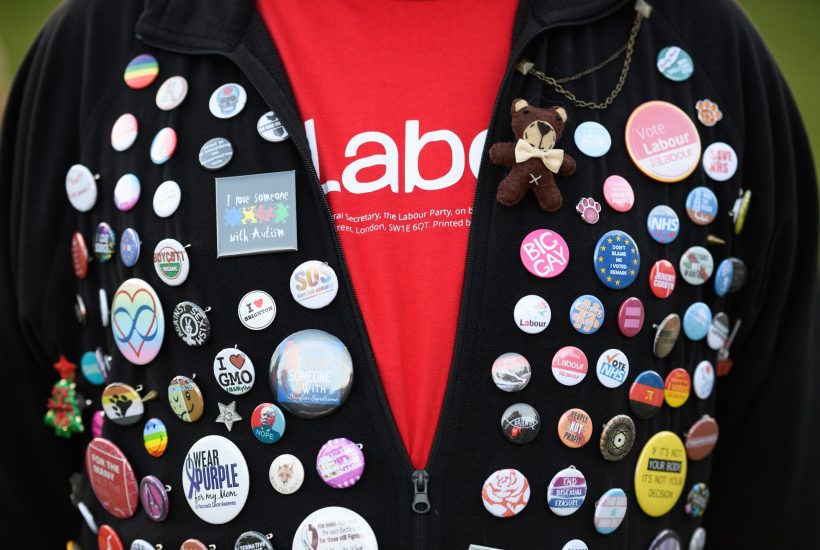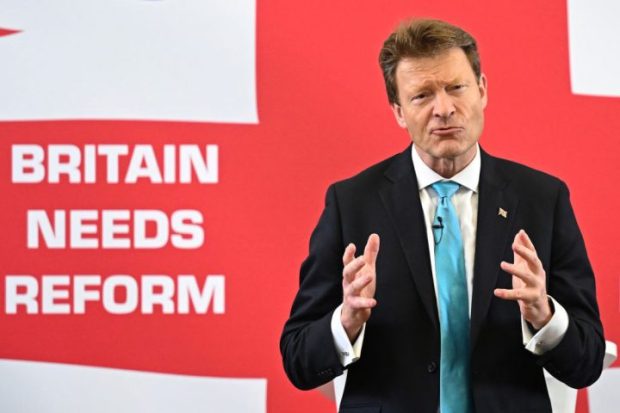Momentum, the Labour campaign group dedicated to keeping Corbynism alive, this week demanded that Keir Starmer commit to introducing a proportional voting system should he win election, replacing the current first past the post model for electing MPs.
‘A popular consensus is building across the labour movement for a change to our first past the post electoral system, which has consistently delivered Tory majorities on a minority of the vote and hands disproportionate power to swing voters in marginal constituencies,’ said Gaya Sriskanthan, Momentum’s co-chair.
Already a subscriber? Log in
Subscribe for just $2 a week
Try a month of The Spectator Australia absolutely free and without commitment. Not only that but – if you choose to continue – you’ll pay just $2 a week for your first year.
- Unlimited access to spectator.com.au and app
- The weekly edition on the Spectator Australia app
- Spectator podcasts and newsletters
- Full access to spectator.co.uk




















Comments
Don't miss out
Join the conversation with other Spectator Australia readers. Subscribe to leave a comment.
SUBSCRIBEAlready a subscriber? Log in